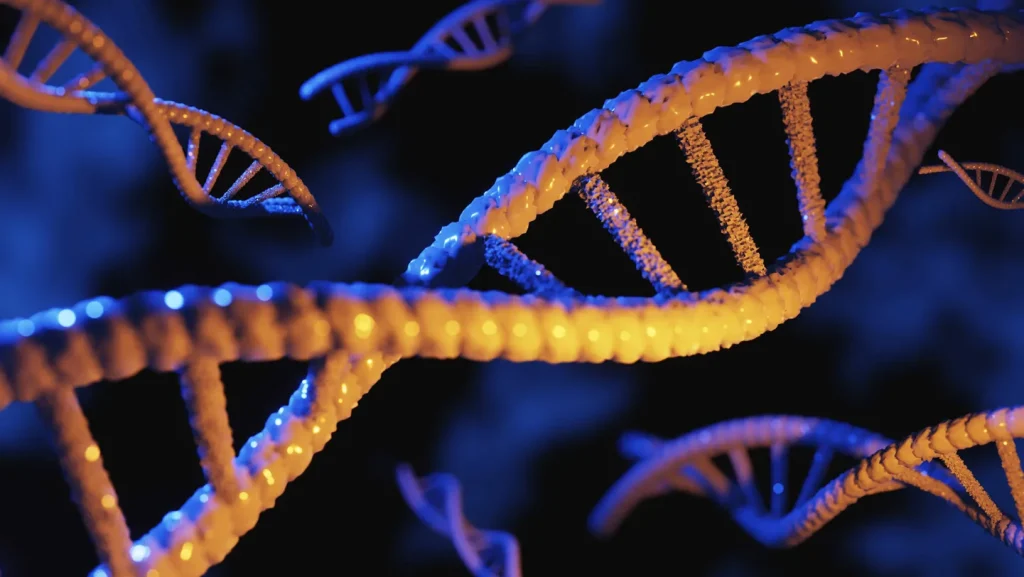AI Designs Functional Viral Genomes: A Breakthrough in Synthetic Biology
In a groundbreaking scientific development, artificial intelligence has moved beyond composing emails and essays to creating actual living entities. Researchers have successfully used AI to design complete functional viral genomes capable of attacking bacteria, marking a significant milestone in synthetic biology.
The research team utilized two AI models they developed, named Evo 1 and Evo 2, to create 16 viable bacteriophages – viruses that specifically target bacteria. These AI-generated viruses demonstrated remarkable effectiveness against Escherichia coli (E. coli) in laboratory experiments, even showing the ability to overcome bacterial resistance mechanisms. When used in combination, these synthetic viruses successfully prevented resistant E. coli strains from growing, highlighting their potential therapeutic applications in addressing antibiotic-resistant infections.
What makes this achievement particularly noteworthy is the complexity involved in designing complete genomes. While AI has previously been used to create individual genes and proteins, developing an entire genome requires multiple genetic elements to work together harmoniously – a significantly more complex challenge. The research team approached this challenge by training their AI models on billions of genetic sequences from bacteriophage genomes, similar to how language models like ChatGPT are trained on text. They used a well-studied bacteriophage called ΦX174 (the first DNA-based genome ever sequenced back in 1977) as a template, allowing them to clearly identify any novel mutations the AI might introduce.
From approximately 300 potential phage genomes generated by the AI systems, 16 produced viable viruses capable of infecting E. coli. Some of these artificial phages demonstrated superior capabilities, killing E. coli more rapidly than the original ΦX174 virus. Even more impressively, while the template virus couldn’t defeat certain resistant E. coli strains, cocktails of the AI-designed phages quickly evolved to overcome bacterial resistance mechanisms – a crucial advantage when fighting adaptable bacterial infections.
The implications of this research extend far beyond the laboratory. Phage therapy represents a promising alternative treatment for antibiotic-resistant bacterial infections, which have become a global health crisis. The ability to rapidly design customized bacteriophages could provide physicians with new weapons against infections that don’t respond to conventional antibiotics. As Kimberly Davis, a microbiologist at Johns Hopkins Bloomberg School of Public Health who wasn’t involved in the study, notes: “Utilizing AI could be a powerful way of rapidly generating a phage match to treat patients” in urgent situations.
Important safety considerations were built into the research process. The team deliberately chose to work with bacteriophages that don’t infect humans, and they specifically avoided training their AI models on examples of viral pathogens that could harm people. Looking forward, experts emphasize that AI-generated phages would require rigorous testing and tight controls to ensure they target only harmful bacteria while sparing beneficial microbes that maintain human health. This technology could potentially create therapeutics that evolve alongside resistant bacteria, staying effective even as bacteria attempt to develop resistance.
Beyond medical applications, this breakthrough could accelerate other areas of biotechnology, including microbial manufacturing processes for antibiotic production and the development of microorganisms capable of degrading environmental pollutants like plastics. While these accomplishments represent a significant step forward, it’s worth noting that the human genome is over 500,000 times larger than the viral genomes created in this study, indicating both the tremendous progress made and the vast potential for future development in this field.


